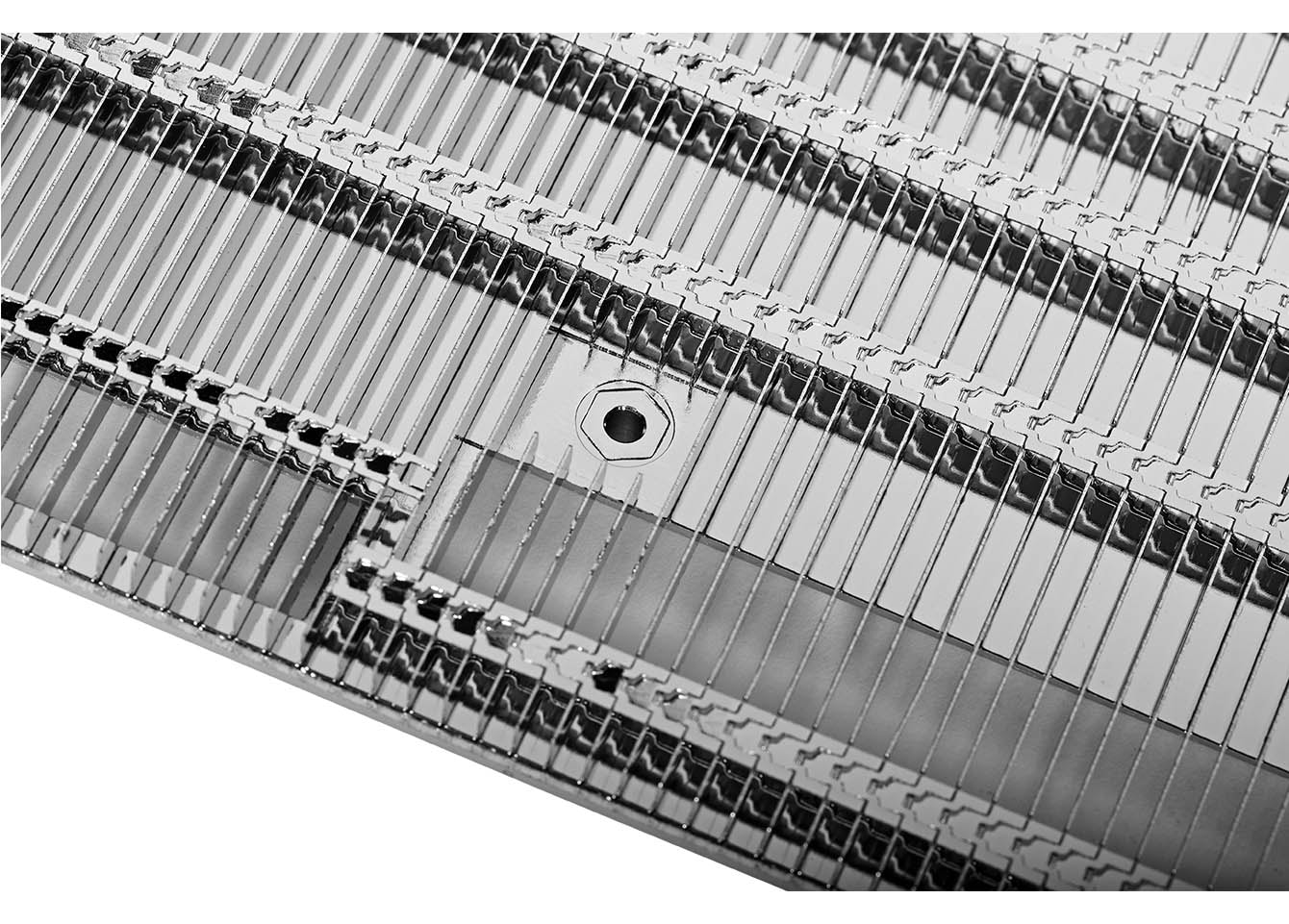In today’s fast-paced technological landscape, effective thermal management has emerged as a vital component in the design and functionality of modern devices. With devices shrinking in size yet growing in power, traditional cooling methods such as bulky fans and heat sinks often fall short. This evolution necessitates innovative approaches to managing heat, ensuring devices operate efficiently and safely.
Thermal management involves techniques aimed at controlling the temperature of electronic devices to prevent overheating and ensure optimal performance. It encompasses a variety of methods designed to dissipate heat generated by high-performance processors and other electronic components. At its core, thermal management seeks to maintain a balance—ensuring that systems operate within safe temperature ranges while maximizing efficiency.

To delve deeper into thermal management, we must understand the primary mechanisms involved:
Conduction: This process involves heat transfer through direct contact between materials. For instance, heat sinks utilize conduction to draw excess heat away from critical components, preventing damage and maintaining performance.
Convection: Involves the movement of heat through fluids, whether air or liquid. Systems utilizing fans or liquid cooling rely on convection to carry heat away from components, enhancing overall thermal efficiency.
Radiation: While less common in electronic systems, radiation transfers heat through electromagnetic waves. It plays a supporting role in overall thermal dynamics, especially in environments with extreme temperature variations.
The significance of thermal management cannot be overstated. Its benefits extend across various domains:
User Safety: By regulating heat buildup, thermal management systems help mitigate risks such as overheating, which can lead to fires or component failure. In electric vehicles (EVs), robust thermal solutions prevent battery overheating, ensuring safe operation and protecting users.
Energy Efficiency: Effective thermal management reduces the energy required for cooling, leading to lower power consumption. In data centers, for instance, efficient heat dissipation can result in substantial energy savings by decreasing reliance on air conditioning systems. Furthermore, maintaining optimal battery temperatures in devices prolongs their lifespan and enhances performance, contributing to overall sustainability.
Reliability and Longevity: Devices equipped with efficient thermal management systems demonstrate improved reliability and stability. By ensuring consistent temperature control, manufacturers can prevent unexpected shutdowns and extend the lifespan of their products.

Thermal management techniques are crucial across various sectors, each benefiting from tailored solutions:
Consumer Electronics: In smartphones, laptops, and gaming consoles, efficient thermal management is essential for maintaining performance during demanding tasks. Advanced cooling solutions prevent overheating, thereby enhancing user satisfaction and device longevity.
Automotive Sector: For electric vehicles, effective thermal control is critical to battery health. As EV technology evolves, the need for advanced thermal management solutions to enhance performance and safety becomes increasingly apparent.
Industrial Applications: In industrial machinery, optimal temperature regulation is vital for preventing equipment failure. Proper thermal management minimizes downtime and reduces maintenance costs, ensuring continuous operation.
Aerospace: Aerospace systems must function efficiently under extreme conditions. Effective thermal management protects critical components from temperature-induced failures, ensuring mission success and crew safety.
As technology advances, the importance of effective thermal management grows. In a world where devices are becoming more powerful and compact, manufacturers must prioritize robust thermal solutions. Neglecting thermal management could lead to devices that are unsafe, inefficient, and short-lived.
Ultimately, building quality thermal management systems is essential for ensuring that modern technology not only meets user expectations but also adheres to safety and efficiency standards. The effectiveness of these systems may often go unnoticed, but their impact on performance and user experience is undeniable.
By continuing to use the site you agree to our privacy policy Terms and Conditions.